Bharat Yalavarthi
Confidential and Protected Disease Classifier using Fully Homomorphic Encryption
May 05, 2024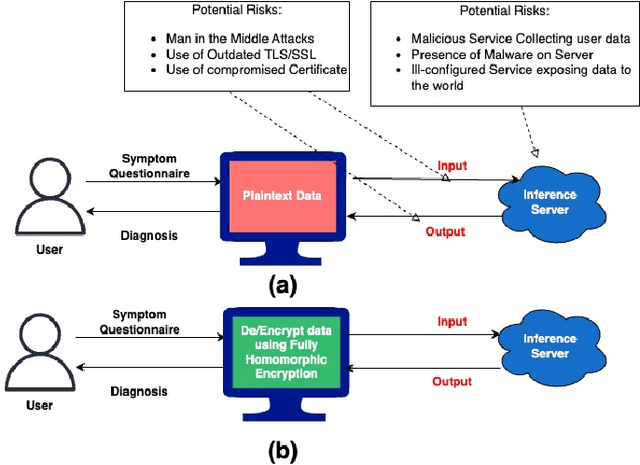
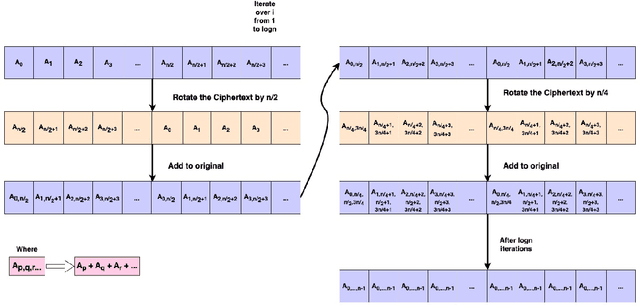
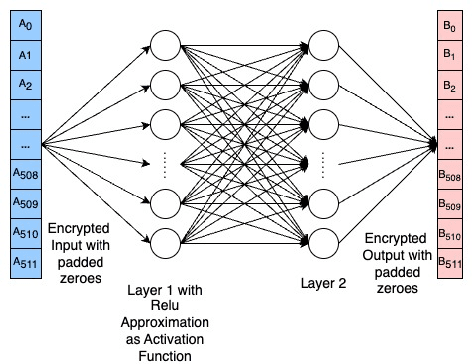
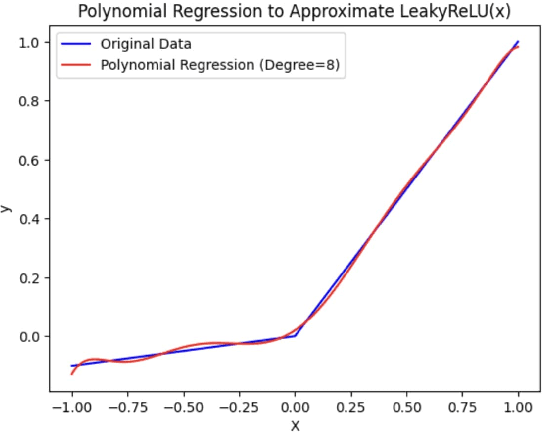
Abstract:With the rapid surge in the prevalence of Large Language Models (LLMs), individuals are increasingly turning to conversational AI for initial insights across various domains, including health-related inquiries such as disease diagnosis. Many users seek potential causes on platforms like ChatGPT or Bard before consulting a medical professional for their ailment. These platforms offer valuable benefits by streamlining the diagnosis process, alleviating the significant workload of healthcare practitioners, and saving users both time and money by avoiding unnecessary doctor visits. However, Despite the convenience of such platforms, sharing personal medical data online poses risks, including the presence of malicious platforms or potential eavesdropping by attackers. To address privacy concerns, we propose a novel framework combining FHE and Deep Learning for a secure and private diagnosis system. Operating on a question-and-answer-based model akin to an interaction with a medical practitioner, this end-to-end secure system employs Fully Homomorphic Encryption (FHE) to handle encrypted input data. Given FHE's computational constraints, we adapt deep neural networks and activation functions to the encryted domain. Further, we also propose a faster algorithm to compute summation of ciphertext elements. Through rigorous experiments, we demonstrate the efficacy of our approach. The proposed framework achieves strict security and privacy with minimal loss in performance.
Enhancing Privacy in Face Analytics Using Fully Homomorphic Encryption
Apr 24, 2024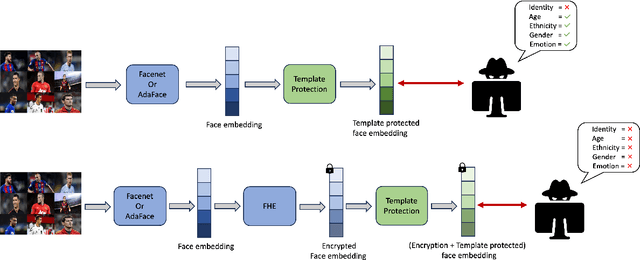
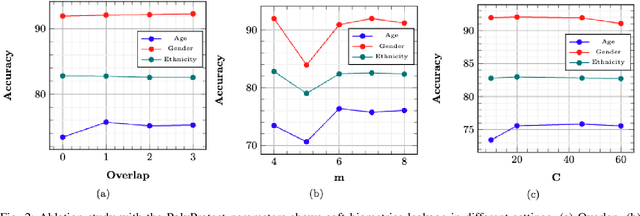
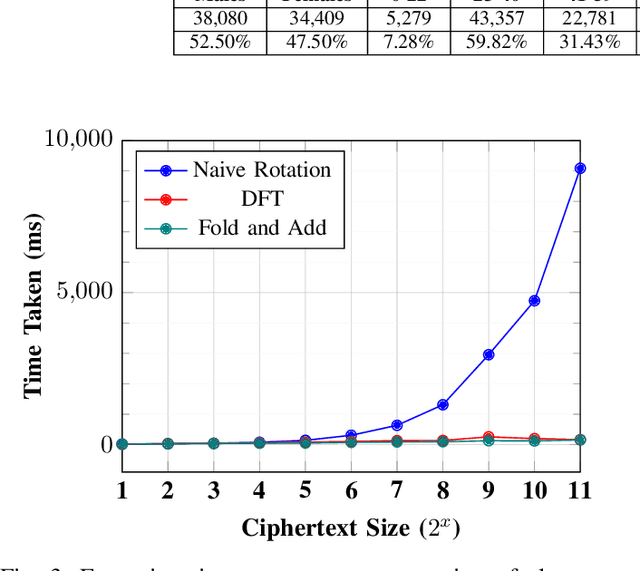
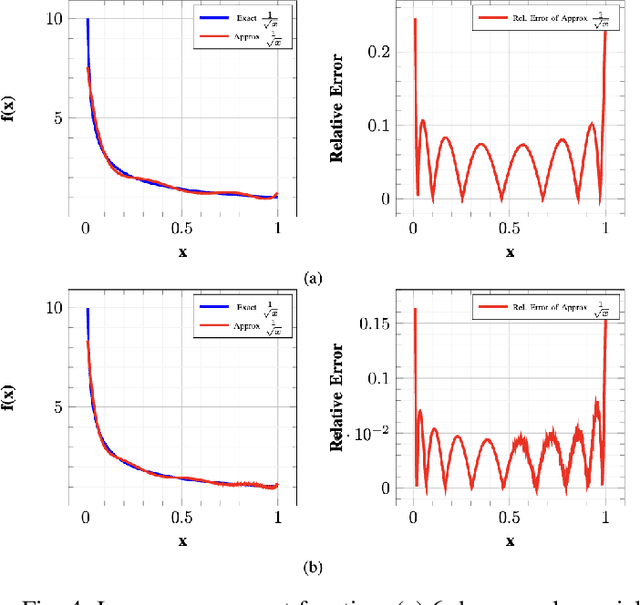
Abstract:Modern face recognition systems utilize deep neural networks to extract salient features from a face. These features denote embeddings in latent space and are often stored as templates in a face recognition system. These embeddings are susceptible to data leakage and, in some cases, can even be used to reconstruct the original face image. To prevent compromising identities, template protection schemes are commonly employed. However, these schemes may still not prevent the leakage of soft biometric information such as age, gender and race. To alleviate this issue, we propose a novel technique that combines Fully Homomorphic Encryption (FHE) with an existing template protection scheme known as PolyProtect. We show that the embeddings can be compressed and encrypted using FHE and transformed into a secure PolyProtect template using polynomial transformation, for additional protection. We demonstrate the efficacy of the proposed approach through extensive experiments on multiple datasets. Our proposed approach ensures irreversibility and unlinkability, effectively preventing the leakage of soft biometric attributes from face embeddings without compromising recognition accuracy.
 Add to Chrome
Add to Chrome Add to Firefox
Add to Firefox Add to Edge
Add to Edge